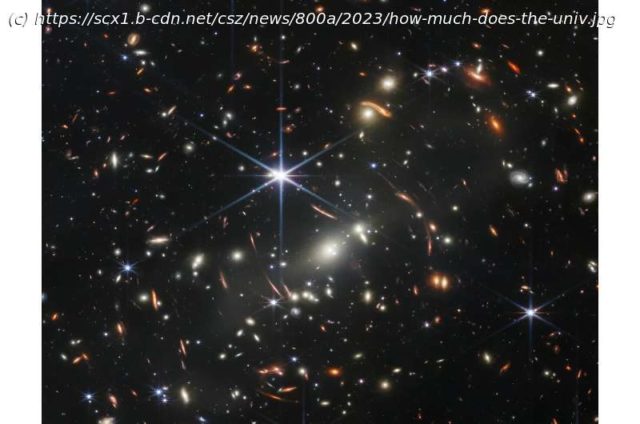Eight billion years ago, something happened in a distant galaxy that sent an incredibly powerful blast of radio waves hurtling through the universe.
Eight billion years ago, something happened in a distant galaxy that sent an incredibly powerful blast of radio waves hurtling through the universe.
It finally arrived at Earth on June 10 last year and—though it lasted less than a thousandth of a second—a radio telescope in Australia managed to pick up the signal.
This flash from the cosmos was a fast radio burst (FRB), a little-understood phenomenon first discovered in 2007.
Astronomers revealed on Thursday that this particular FRB was more powerful and came from much farther away than any previously recorded, having traveled eight billion light years from when the universe was less than half its current age.
Exactly what causes FRBs has become one of astronomy’s great mysteries. There was early speculation that they could be radio communication beamed from some kind of extraterrestrial, particularly because some of the signals repeat.
However scientists believe the prime suspects are distant dead stars called magnetars, which are the most magnetic objects in the universe.
Ryan Shannon, an astrophysicist at Australia’s Swinburne University, told AFP it was “mind-blowing” that the ASKAP radio telescope in Western Australia had spotted the radio burst last year.
“We were lucky to be looking at that little spot in the sky for that one millisecond after the eight billion years the pulse had traveled to catch it,” said Shannon, co-author of a study describing the find in the journal Science.






